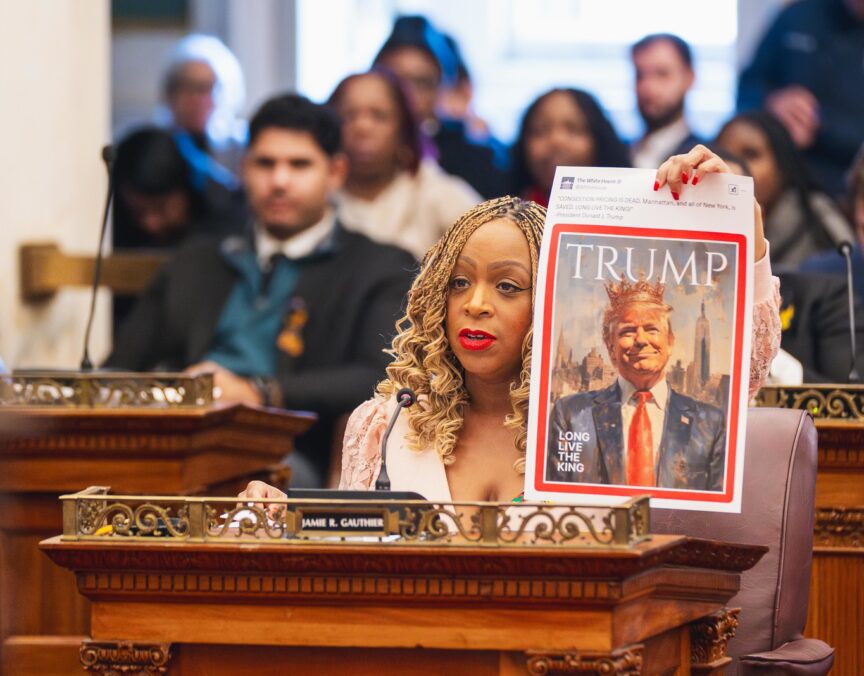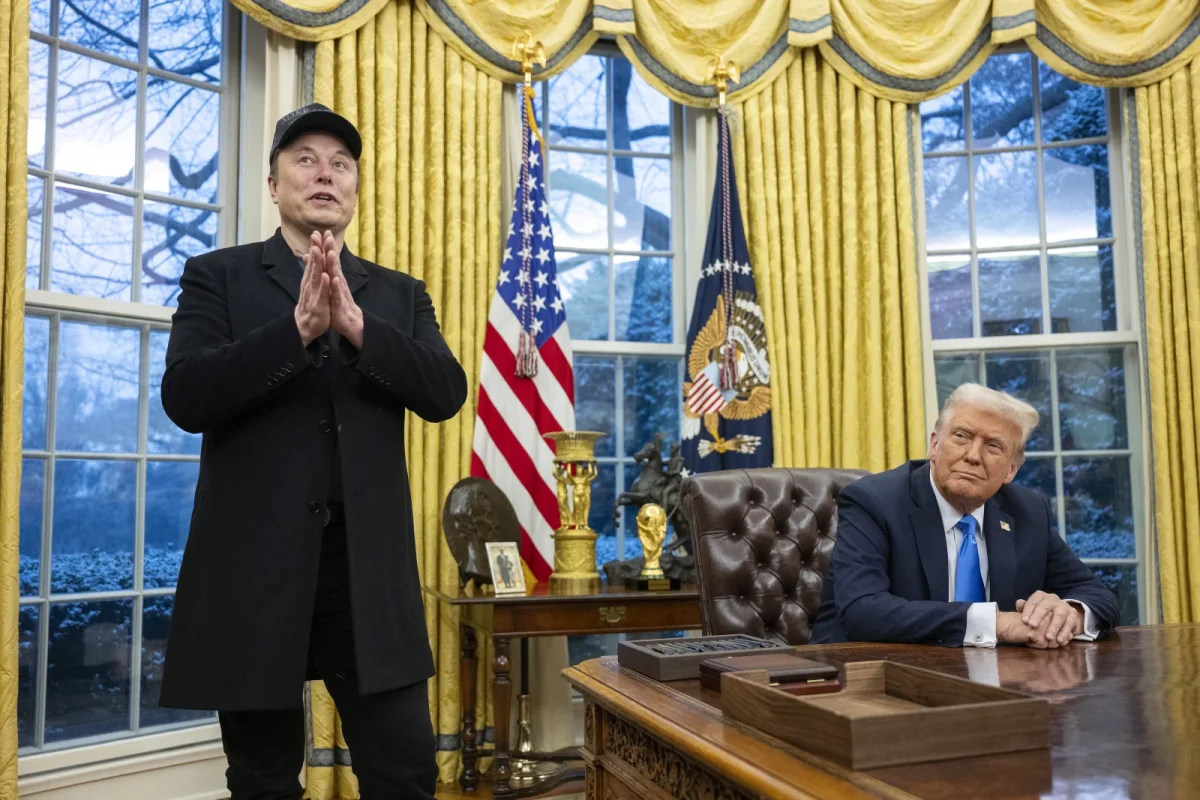Dear Future SGA Executive Board Candidates:
Several thousand millennia ago during the time the Greeks were having their own senate meetings, Plato famously requested that each and every person “know thyself.”
We recommend the same. Know thyself and know what you are talking about, and know what is possible to get accomplished in your tenure as members of the executive board. Although some platform points of some candidates in this year’s election certainly did show forethought and research, others were lacking, to say the least.
Too many times when running for office, candidates propose grandiose agendas that sound good but are impractical. Their hearts are in the right place; these students are clearly looking for areas of the University that fall short in their minds, and campaigning on how they want it to be fixed. But it’s not that simple.
Research is your friend. Sometimes, it would take a mere phone call to the right person to discover if there was even enough money set aside in a budget for something you want, or whether there will be zoning issues with any developments, or whether a similar project is already underway. In other cases, with more involved, big-picture ideas, discussions with multiple people may be necessary.
Know thyself. Know what you are doing, and what can’t be done. Student government should aim at change. Agency should be given to students, and we should absolutely be able to have a serious impact on the University. But these things take time. The larger, more idealistic goals like increased shared governance between the administration and the student body or locked-in tuition rates should be part of a larger mission statement, something for which to lay groundwork for future generations, not distinct platform points for a one-year tenure.
Are we cynical? Perhaps, but we prefer realistic; as such, we believe the practical goals of officers should be less out-of-this-world ambitious. We like the idea of creating an internship database and publishing a handbook for international students. Things like this could, with hard work and dedication, actually transpire during the course of a year. We would be delighted to see a list of accomplishable ideas, ones for which ample research has already been done, and for which there is a clear path laid out for reaching that goal with thought-out responses to variables that may present themselves. Can everything detail be planned out this far in advance? Of course not. But if we ask you a question about how you’re planning to enforce your new policies, you should be able to tell us. If we ask you whether Housing and Residence Life has said it would legitimately be able to implement your plans to switch up housing policies, you should be able to say yes. If you can’t say yes, you shouldn’t be running on that platform point.
The problem is, a candidate’s platform is a promise to students. Students aren’t voting for a candidate because they hope he or she will eventually get around to looking into something. They vote because they’re trusting that that candidate can actually make that platform point happen. Don’t make promises you don’t know you can keep.
You want to put countless hours into representing us as a student body to administrators? Great. But you have to think beyond the simplicity of “Wouldn’t it be great if…”
Know thyself. Know thy university. Know thy limits. It would make executive board careers much more focused, and more productive, too.










